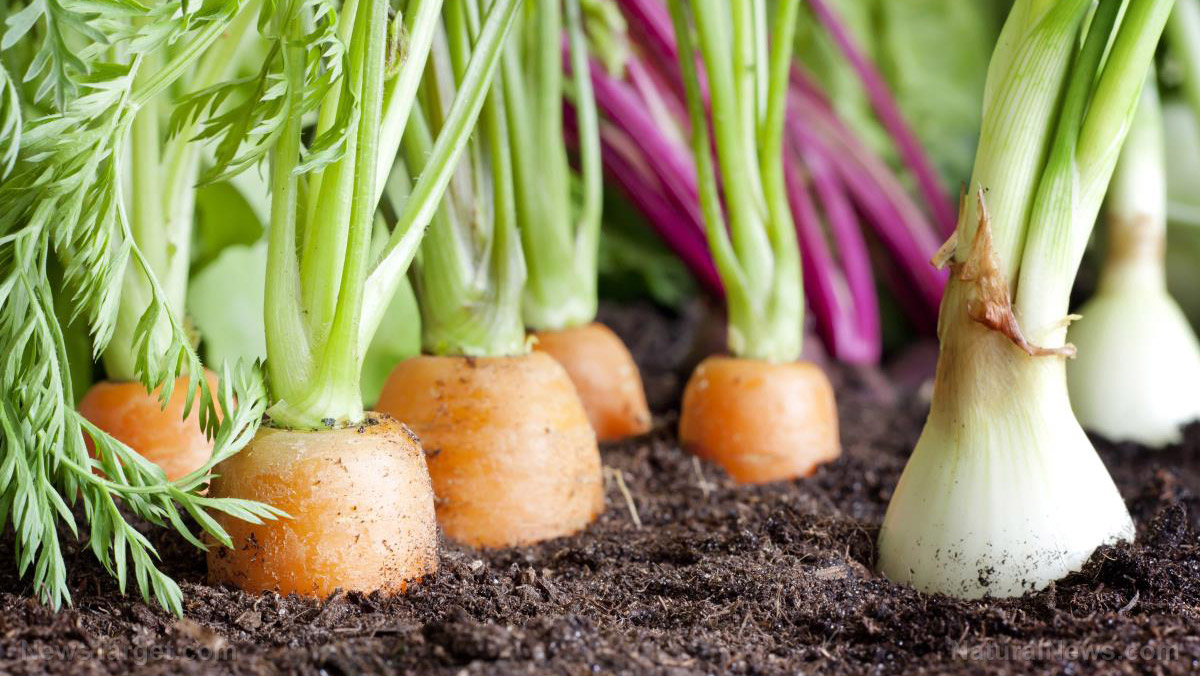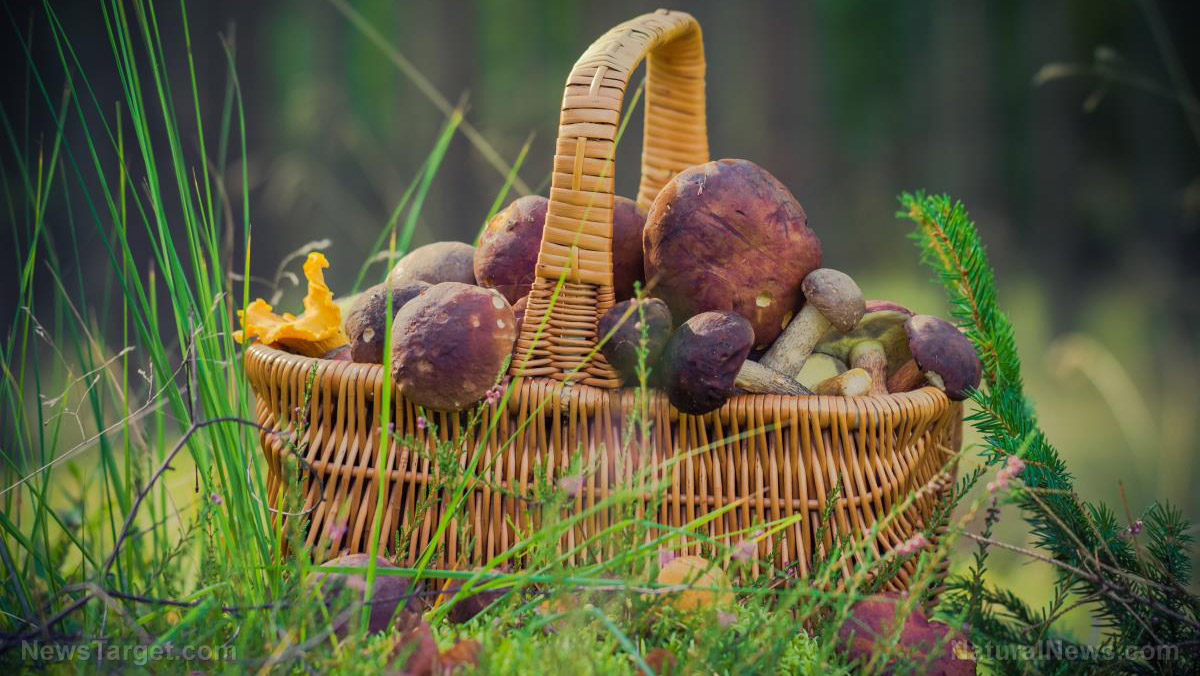
Advertisement
Home gardening is a really healthy hobby: It motivates you to be physically active, it teaches you how to be self-sufficient and it gives you access to fresh, organic produce grown without any harmful chemicals unlike the fruits and vegetables from the grocery store.
Starting an organic garden
Gardening may seem overwhelming, but you can start by figuring out why you want to start one in the first place.
Do you want herbs for your pantry? Perhaps you want different vegetables to eat. Want to save on grocery money? Or do you simply want to start a healthier lifestyle?
Sure, you can just buy organic fruits and veggies, but they’re usually more expensive than conventionally grown produce.
By starting your own organic garden, you can save money on groceries and you’re doing your part to reduce the use of chemical pesticides.
Whether you go all-out with a full-sized vegetable garden plot or start small with a container garden, growing your own fresh produce is a great project to undertake. If you have enough space for a medium or large garden, with careful planning you can produce enough food to feed your family.
You can even stock up your fruits and veggies and learn how to preserve them with different methods!
What kind of plants do you want to grow?
When starting your organic garden, think of the fruits, vegetables and herbs that your family loves and won’t mind eating for days. Then, figure out which of them can grow in your area.
You can also try planting crops that are on the steeper side of the price tag in groceries, such as:
- Blueberries
- Cucumbers
- Peppers
- Spinach
- Strawberries
- Sweet potatoes
- Tomatoes
- Winter squash
If you’re a newbie at gardening, the best way to learn is by getting hands-on experience. Buy some seed packets, then simply follow the instructions written. Try experimenting with beginner-friendly plants like peppers, snap peas, tomatoes and zucchini.
Crops like carrots, lettuce, peas, radishes and spinach will grow well in cold weather. Meanwhile, basil, green beans, tomatoes and zucchini suit warm weather.
For an easier approach, buy a beginner’s organic gardening kit. Some of these kits even come with detailed instructions and planning tools.
Start seeds indoors
This step is optional, but if you want to get a headstart on your garden and take advantage of a longer growing season, you can start seeds indoors. If you plan on growing peppers and tomatoes, start them inside for a good growing season.
You have the option to purchase starter plants, but growing them on your own from seed will help improve your gardening skills.
Prepare your garden
Count yourself lucky if you have a spacious backyard – it’s perfect for a home garden.
But if you’re living in the city and have limited space, you can try container gardening. You can grow various herbs on your windowsill or small crops in buckets.
Regardless of the size of your garden, you need to decide on the best method to grow your plants. You can use raised beds in a full-sized garden, but if you’re going for container gardening, use quality soil for pots with good drainage.
Use organic fertilizer and make sure your plants get enough sun and water. Before you start planting, check the soil quality in your garden space and make sure it’s fit for growing plants.
Alternatively, you can consult county extension offices for soil testing at affordable prices. Once you have your soil tested, you’ll find out how to best amend it so your plants can grow well.
Organic compost can be expensive, but adding it to garden soil offers more benefits in the long run as it will provide your plants with the nutrients they need as they grow.
If maintaining several buckets and containers sounds like too much work, try setting up a DIY planter box on your patio or porch. Using this simple method, you can grow various herbs and microgreens.
Control weeds
Once you’ve planted your crops, water them as needed, add compost and keep the weeds out. Since you’re minimizing the use of harmful chemical pesticides in your garden, you need to do a bit of weeding to protect your plants.
Prevent weeds from growing by smothering them before they can multiply in garden aisles. Cover these spaces with cardboard or newspaper, or use a natural paper weed barrier that will till into the soil when the season is over.
Use a garden hoe between the plants in a full-sized garden to prevent weeds from taking root.
Control pests
So you’ve spent several dollars and lots of hours in your garden. But the work doesn’t end once you’re planted your crops.
You need to protect your plants from pests like bugs, caterpillars and other critters. Here are some natural ways to keep pests away from your fruits and veggies:
- Scout your garden for any signs of damage like eggs, larvae or chewed leaves. Figure out what’s causing the damage immediately, and use the appropriate method to eliminate pests.
- Use companion planting. For example, planting onions near broccoli keeps pests away from the latter.
- Use plant-based insect and pest repellents or make a DIY hot pepper pest spray. Natural options include diatomaceous earth for slugs or larvae, while water and baking soda work well against fungus and powdery mildew on plants.
- Use row covers to keep flying pests out of your garden.
Have fun working in your organic garden!
Beginners and experienced gardeners alike will make some mistakes, but the important thing is to gain experience as you work on your organic garden. Take note of what works and what doesn’t, and try again to grow more crops in the next planting season.
Starting an organic home garden ensures that you know where exactly your food comes from, minus the harmful chemicals often used in conventionally grown produce.
In time, you can harvest fresh, organic fruits and veggies right from your own backyard (or windowsill).
Sources:
Advertisements







